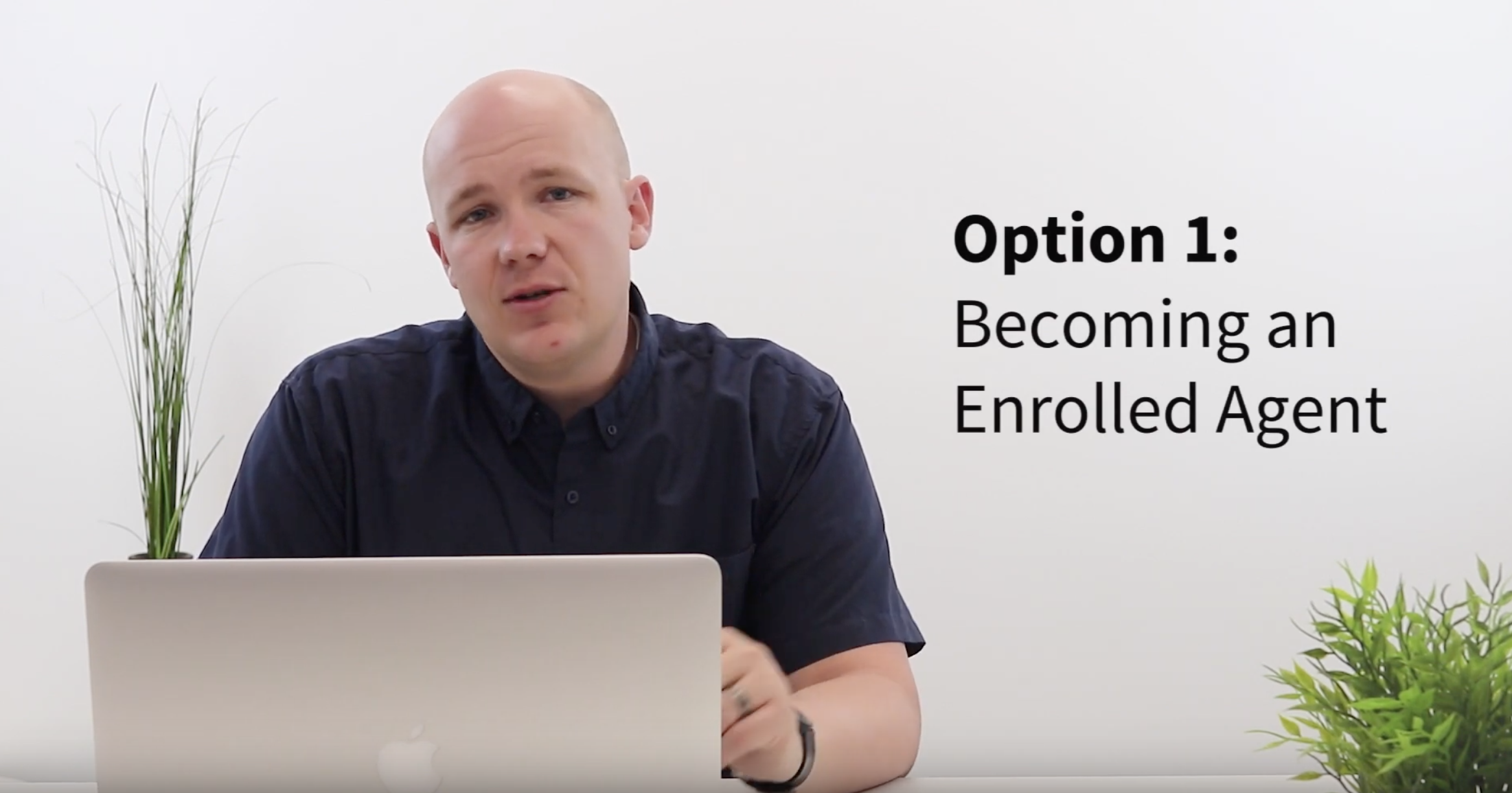If you’ve been thinking about becoming a Certified Public Accountant, you are making an excellent decision to join an elite group of professionals with an outstanding reputation for proficiency and integrity. Not only will becoming a CPA enhance your career by expanding your knowledge and skills, but it will open up new pathways for leadership and growth.
It takes years of education and experience, plus a lot of hard work, to become a CPA. The exam is difficult but very worthwhile. If you’re contemplating whether all the effort will be worth it, take some time to review what it takes to become a CPA and how it can benefit you.
Why become a CPA?
Before embarking upon the journey to become a CPA, it’s a good idea to reflect on why you are pursuing that goal in the first place. Of course, there are many advantages to becoming a CPA and obtaining it should line up with your personal and professional goals.
Status: Accountants are well-respected financial professionals, but CPAs are accountants who have taken the effort and time to meet rigorous licensing and certification standards. Also, CPAs are in high demand across the country, so the job outlook is good.
Skills: CPAs also have added expertise in certain areas such as business finances and tax planning strategies. The areas they acquire skills in to become a CPA exceed those of a typical accountant.
Career Opportunities: Many firms won’t hire accountants unless they are CPAs, especially any upper positions. In addition, the certification can expand client base as some taxpayers prefer to work with CPAs.
Reputation: CPAs must pass an ethics exam to receive the certification, so it signals to everyone that they have high standards and real integrity. Plus, CPAs are held by their state’s standard to an ethics code of conduct, as well as that of the AICPA.
Job Satisfaction: Because of the various career paths available to CPAs, they enjoy a high degree of job satisfaction.
If one or more of these reasons factor into your decision to become a CPA, then you are on the right track. A CPA license can open doors for you and help you obtain the career you’ve always wanted.
-3.png?width=600&name=Visual_1%20(1)-3.png)
But don’t just take our word for it. Shayna Chapman, CPA, CITP, CGMA says, “Being a CPA opens up opportunities you may not otherwise get in the accounting profession. The CPA designation indicates you are willing to put in effort to go further in your career for not only you but to take the extra steps for your company or clients. They don’t refer to CPAs as the most “trusted advisor” for no reason. Because a CPA has to stay up on continuing education and ethics, their opinion and strategic analysis is valued higher than other consultants.”
-3.png?width=1200&name=Visual_2%20(2)-3.png)
Do you have what it takes to become a CPA?
If it were easy to become a CPA, then it wouldn’t be a real accomplishment to obtain the license. Not everyone who decides to become a CPA achieves their goal. It’s important to assess your strengths and weaknesses, not only for getting the CPA license, but also to ensure that your skills are a good fit for what makes CPAs successful.
Today’s CPAs should:
- Work well both alone and in teams
- Cultivate strong written and oral communication techniques and strategies
- Feel comfortable speaking in public to clients, coworkers, and managers
- Stay on top of changes in technology, such as systems and accounting practice management software
- Develop an interest in relevant local, state, national, and international current events
- Obtain the latest tax information and knowledge to best serve clients
- Understand the components of a successful business, beyond the financials
Being a successful CPA requires you to know a lot more than just numbers. As a key part of any firm and a valuable business resource for your clients, you’ll want to develop your skills and experiences to best position you to find success.
CPA Requirements
The requirements for earning a CPA license is determined by each state. While each state has its own process, most are similar. You’ll want to check with your own state’s board to get the specific details about what it would take for you to get your CPA license. There are four steps toward becoming a CPA: Education; Application and Preparation; Exam Sections and Ethics; and Work Experience and Licensing.
-3.png?width=600&name=Visual_3%20(1)-3.png)
1. Education
To qualify for the education requirement of the CPA Exam, accountants must earn 150 credit hours of education. The most common way for people to do this is by obtaining an undergraduate degree in business or accounting plus a master’s degree in accounting or an MBA that emphasizes accounting. This is to ensure that you have the proper education that extensively covers topics in business, finance, and accounting.
Some states will let applicants sit for the exam with less than 150 credit hours, but you won’t be able to become licensed until those education hours are fulfilled. Before you can apply to take the CPA Exam, you’ll need to send in your educational information to your state’s board of accountancy. They will confirm the requirements are met and approve you to apply for the CPA Exam.
2. Application and Preparation
The CPA Exam is comprised of four sections that you can schedule to take at different times. Most experts recommend taking one test at a time, after intense studying. There are plenty of review courses and books on the market to help you prepare for and pass each section of the CPA Exam.
It can be a real challenge to put in the time to study (especially with so much else going on in your life), but it’s important to set yourself up for success, so do what you need to put in some quality study time.
3. Exam Sections and Ethics
The CPA Exam is comprised of four different sections plus an ethics test. The questions on the CPA Exam are a mix of multiple-choice questions, task-based simulations, and written communication scores. It’s helpful to take multiple practice tests to identify your weak areas so you can focus more closely on them. To pass the CPA section exams, applicants must score 75 or higher out of 99 questions.
Once you have passed all four sections of the CPA Exam, you’ll be eligible to take the ethics exam. Not all states require the CPA ethics exam, but most do. The ethics exam reviews a CPA’s ethical duties and implies that you are able to recognize ethical problems and effectively apply your state’s standards.
4. Work Experience and Licensing
The final step in becoming a CPA is to meet the work experience requirements. Again, every state differs in what they require for CPA applicants, so it’s important to verify what you will need to do for the state you want to be licensed in. Work experience requirements can vary from a few months to a couple of years, and some even require specific experience, such as auditing.
When your education requirements, exam scores and work experience is verified, confirmed and complete, you can pay the license fee to your state’s board and in no time, you will receive your certification.
Best states to be a CPA
Because the requirements to become a CPA are state-based, it’s a good idea to do the research on the state where you want to live and work. While each state is unique, there are many generous reciprocity programs in place should you want to move someday. You don’t need to be physically located in the state to take their exam, either.
Accountants and CPAs are fortunate in that their jobs are always in demand, no matter the economic health of the country. Demand for CPAs is higher than ever, and many new CPAs want to go where the best money and opportunities are. When it comes to areas of the country that combine demand for CPAs, earning potential and moderate costs of living, these seven states regularly come out on top:
1. Texas
2. Virginia
3. Delaware
4. Georgia
5. Illinois
6. Michigan
7. North Carolina
-3.png?width=1200&name=Visual_4%20(1)-3.png) Now that you know the benefits of becoming a CPA and all that it entails, you can make the right decision for yourself about pursuing it. Earning a CPA license shows that you have mastered the skills of your profession and are interested in being the best you can be.
Now that you know the benefits of becoming a CPA and all that it entails, you can make the right decision for yourself about pursuing it. Earning a CPA license shows that you have mastered the skills of your profession and are interested in being the best you can be.
Interested in learning about other ways to boost your accounting career? Check out Get Authorized to Represent Tax Resolution Clients in 3 Steps.








Get Our Latest Updates and News by Subscribing.
Join our email list for offers, and industry leading articles and content.